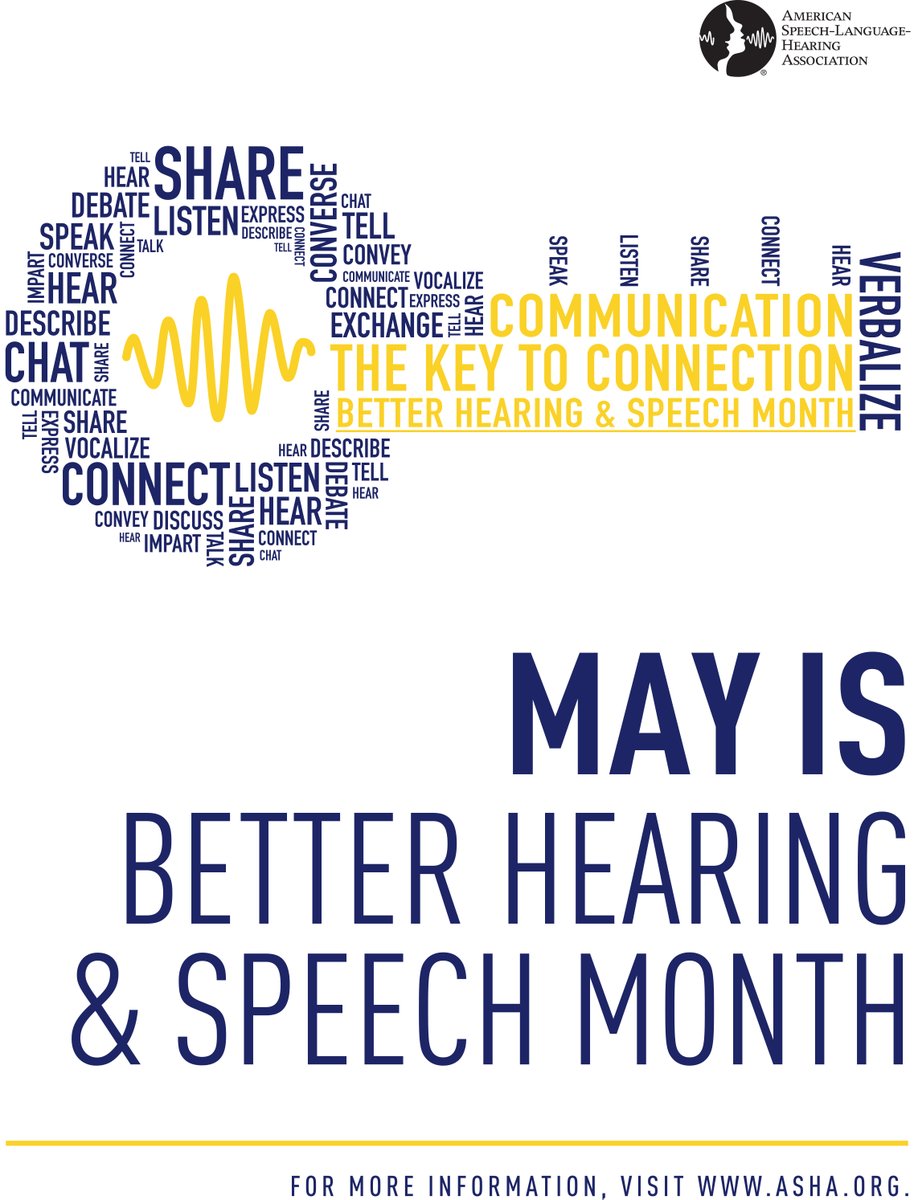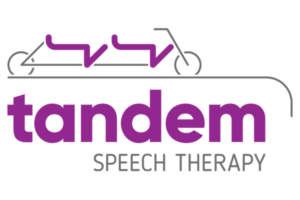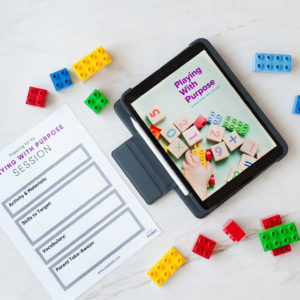
Welcome to the Tandem Speech Therapy blog. I am so happy to be launching my blog and practice in May–Better Hearing & Speech Month! My goal is provide you with tips and tricks in addition to education on the world of pediatric speech and language development. I have been a speech-language pathologist (SLP) for 9 years. In my years of practice I have worked with children with language delays and school-aged children with articulation disorders and language impairments. Before we get rolling, let’s breaking down some of the more complicated language you may come across in your reading.
What is an SLP?
SLP for speech-language pathologist. SLPs focus on all aspects of communication. As an SLP I hold a Master’s degree and am licensed by The American Speech-Language-Hearing Association. In Texas I am also licensed by the Department of Licensing and Regulation. It’s worthwhile to note that not all states have their own licensing. SLPs can work in a variety of settings–schools, hospitals, clinics, and private practice. They work with both children and adults across a variety of areas of communication
Speech
As an SLP I work on improving a person’s speech intelligibility. Articulation refers to the pronunciation of sounds. Did you know that at the age of 3 we expect children to be 80% intelligible even though they should not be able to produce all their sounds correctly?
Language
Language includes what is said (expressive language) and what is understood (receptive language). This includes skills like vocabulary, following directions, and grammar. Did you know that age 2 a child should be able to follow a 2 part command?
Fluency
People who stutter have difficulty producing speech that is fluent or smooth. As an SLP I work on increasing fluency skills in children so they can communicate effectively. Did you know that disfluency is often considered age-appropriate until 5 years old? If you’re concerned about your child’s fluency, call me today!
Social
Sometimes this is also referred to as pragmatic language. As an SLP I work with children on using nonverbal and verbal social language with others. Increasing these skills improves communication and play with peers. Did you know that at age 3 children should be able to play a basic turn-taking game with a peer or you as their caregiver? One of my favorite, basic turn-taking games is Candy Land.
Click here if you’re interested in learning more about pediatric speech and language milestones.
Start Playing With Purpose
Learn how to purposefully and intentionally interact with your child during play and help them increase opportunities for speech and language development with our Playing with Purpose book!










